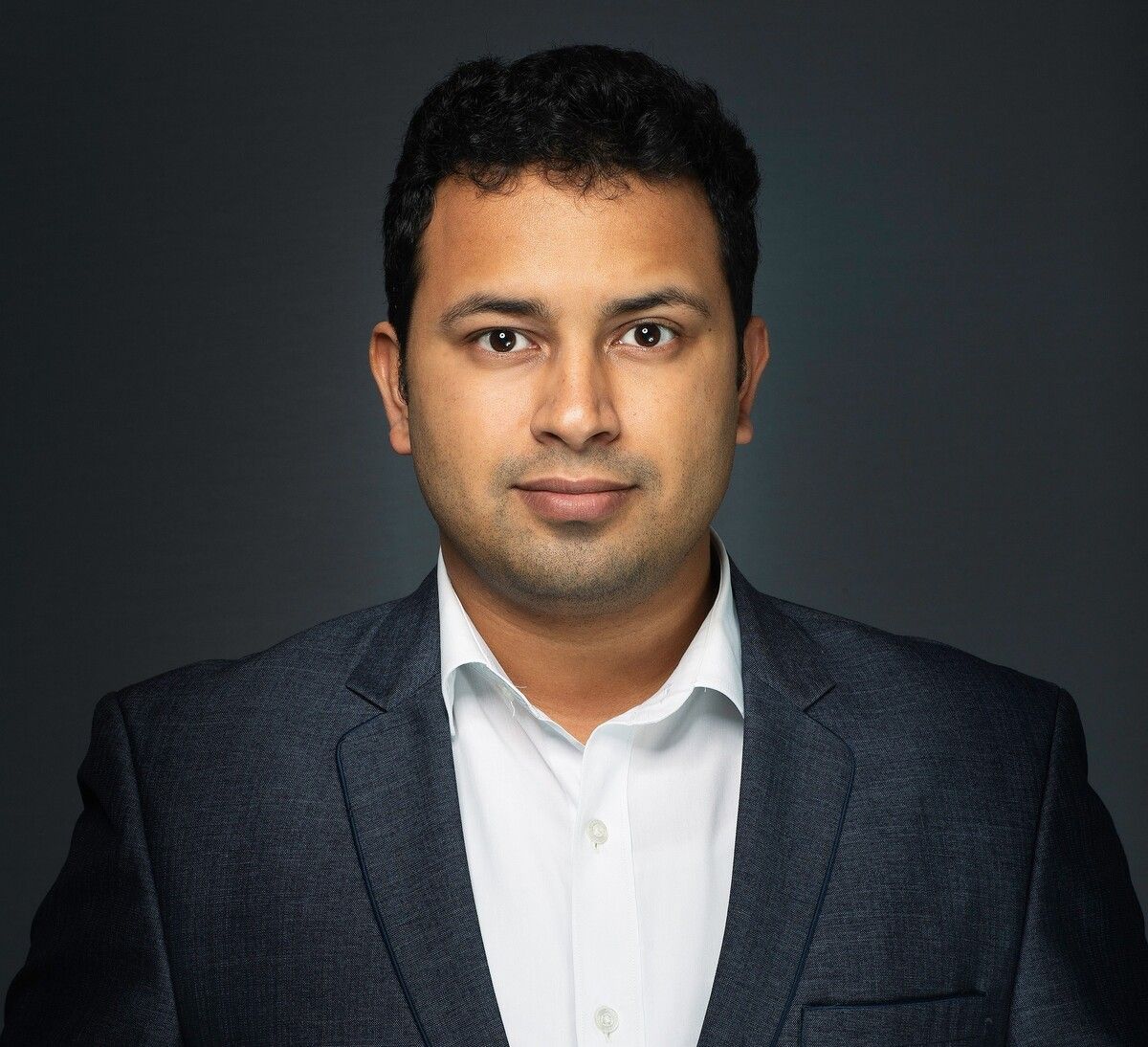Hello!
It’s Thursday, 17th July 2025. Welcome back to Bold Efforts, where we treat the office, the factory floor and the living room as one connected lab. Each week we take a habit everyone accepts and ask what happens when technology removes the friction that kept it in place.
Today’s habit is formal training.
First time reading? Join over 400 intellectually curious readers. Sign up here. As always, send me feedback at [email protected].
Key Idea: Micro Learning
At 15:07 in Paris a finance analyst named Shalini waits for her dashboard to refresh. A pop‑up offers a 5‑minute reel on Python loops. By 15:12 her practice code runs, a micro badge flashes green, and she is back to work before the next call. Swap Paris for any city, Shalini for any role, and you glimpse a new kind of classroom: playful, snack‑size, always on.
Why is it catching fire? The numbers speak for themselves. Massive open online courses still lose 93% of learners before lesson 3, according to a long‑running Harvard study. Micro‑learning apps keep 25-60% of users, and some hold 80% when a lesson stays under 6 minutes. Duolingo shows that a 15‑minute daily habit (about 3 micro lessons) makes a 90‑day streak twice as likely.
Short lessons work because they finish. Your brain likes a story with an ending. When the ending arrives in the time it takes to sip coffee, attention resets and you are ready for the next round. Psychologists call it the Zeigarnik effect, but you already know it from the itch to finish a song.
Businesses love the math. A Manila call‑center chain ditched its quarterly 4‑hour workshops and pushed a daily 5‑minute clip to every agent’s phone. After 90 days the average call was 12 seconds shorter and quality scores climbed 4 points. The budget did not shrink; it reached people who once skipped training because it felt like overtime.
Governments are lining up incentives. Europe’s planned Digital Skills Act lets companies claim tax breaks when staff finish certified micro‑credentials. In a single pilot year the University of Texas system handed out 25,000 such certificates through Coursera. A scrolling habit just turned into a balance‑sheet asset.
The approach is not magic. One London fintech found that new analysts who binged 60‑second compliance clips froze during a live case. The fix was simple: bolt a 2‑hour monthly project onto the short videos. Small sparks still need fuel!
So what? In a job market where roles evolve faster than titles, the company that lowers the cost of curiosity wins. A 5‑minute lesson lets a warehouse worker pivot to data analytics without quitting a shift. It lets a parent pick up a new skill between school runs. It proves that talent can grow in stray minutes.
This marks the gap between businesses stuck in classroom time and those sprinting ahead. Soon the gap will get wider.
The software that assigns a Jira ticket will tag on a 3‑minute refresher about the code library it touches. Mastery will look less like climbing a ladder and more like queuing a playlist.
Maybe this is the result of a reduced attention span or maybe this is how our brains always functioned. Whatever be the reason, ironically enough, bite-sized learning and deep work do go together.
Thank you for reading! See you next Thursday. Until then keep the lessons short and the questions open.
Best,
Kartik
Enjoying the read? Stay ahead with unique insights on the future of work and living. Subscribe to the Bold Efforts newsletter and receive fresh stories and ideas straight to your inbox every Thursday.
Who am I?
I’m Kartik, founder of Polynomial Studio, a holding company and product studio building AI-driven businesses for the future of work. The way we work and live is being rewritten. AI, remote work, and shifting economic forces are reshaping careers, businesses, and entire industries. The big question is where it’s all heading.
For the past eight years, I’ve been at the forefront of these shifts, working across real estate, technology, startups, and corporate strategy. I’ve helped businesses navigate change and stay ahead of what’s next, always focused on understanding the forces shaping our future and how we can use them to build something better. Click here to know more about me.
Why Bold Efforts?
I started Bold Efforts because I believe work should fit into life, not the other way around. Too many people are stuck in outdated systems that don’t serve them. This newsletter is about challenging the status quo and making the effort to design work around life. It brings together bold ideas and actionable insights to help you build a healthier, more balanced relationship with work, leading to greater purpose and fulfillment. If you’re looking for fresh perspectives on how to work and live better, you’re in the right place.
Was this email/link forwarded to you? Subscribe here

